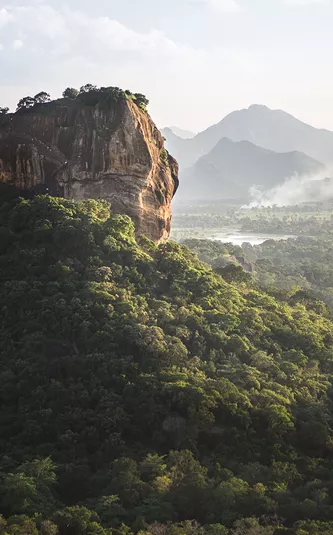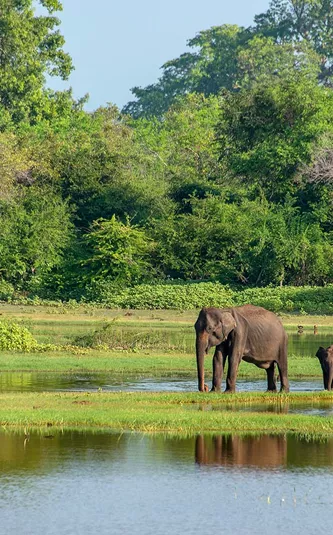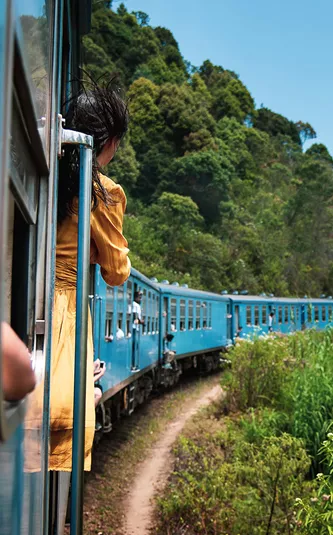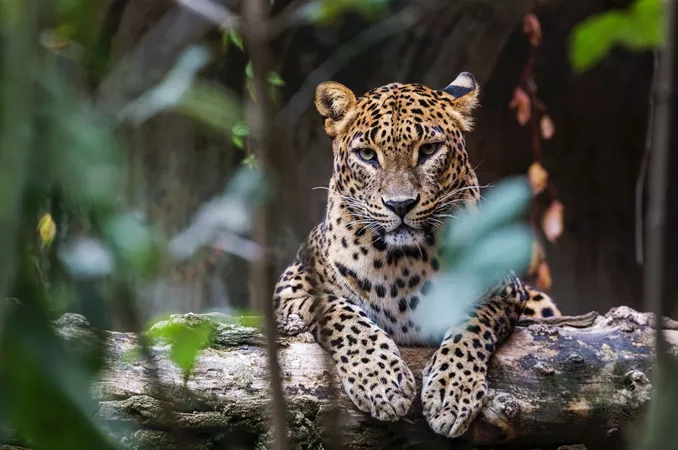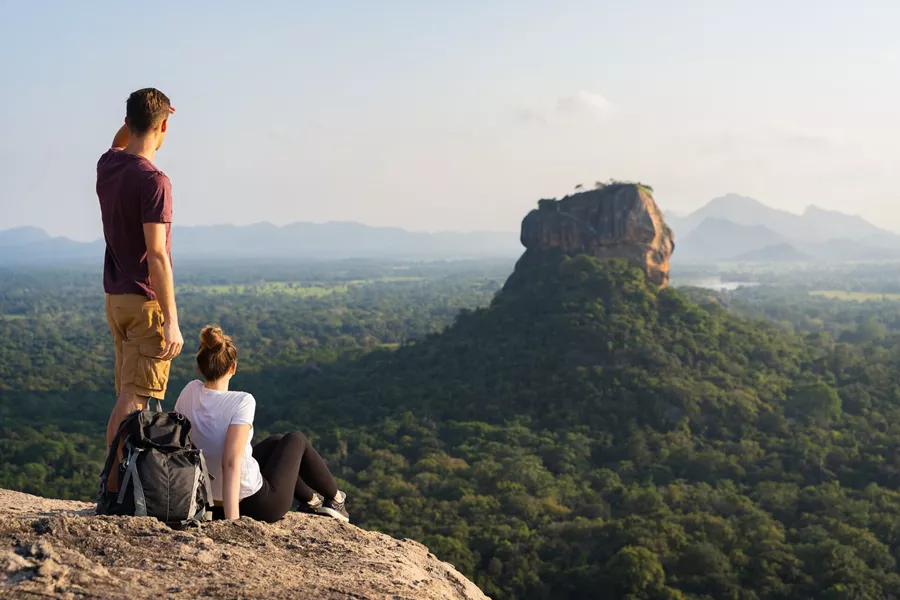Country Code for Sri Lanka +94
Official Travel advice visit:
Sri Lanka Travel Advice & Safety | Smartraveller (Australia)
Sri Lanka | SafeTravel NZ (New Zealand)
Fire and rescue services: Call 110.
Medical emergencies: Call 110.
Police: Call 118 or 119 or go to your local police station.
Tourist police: Call +94 11 242 1052 or +94 11 242 1451.
Australian High Commission, Colombo
21, Srimath R. G. Senanayake Mawatha (formerly Gregory's Road) Colombo 7, Sri Lanka
Phone: +94 11 246 3200
Fax: +94 11 268 6453
Email: consular.colombo@dfat.gov.au
Website: srilanka.embassy.gov.au
New Zealand High Commission Colombo
Unit 2401−2402, Level 24 One Galle Face Tower 1A Centre Road, Galle Face 00200 Colombo Sri Lanka
Phone: +94 11 217 4717
Email: NZHCColombo@mfat.govt.nz
Website: www.mfat.govt.nz/sri-lanka/


